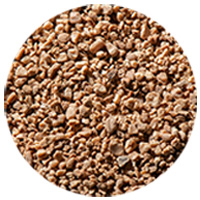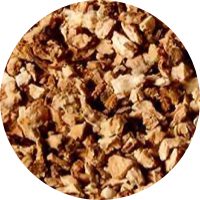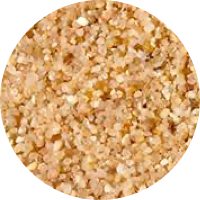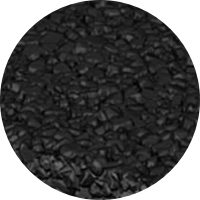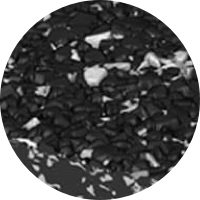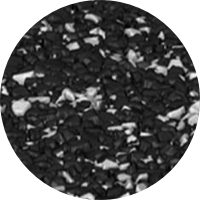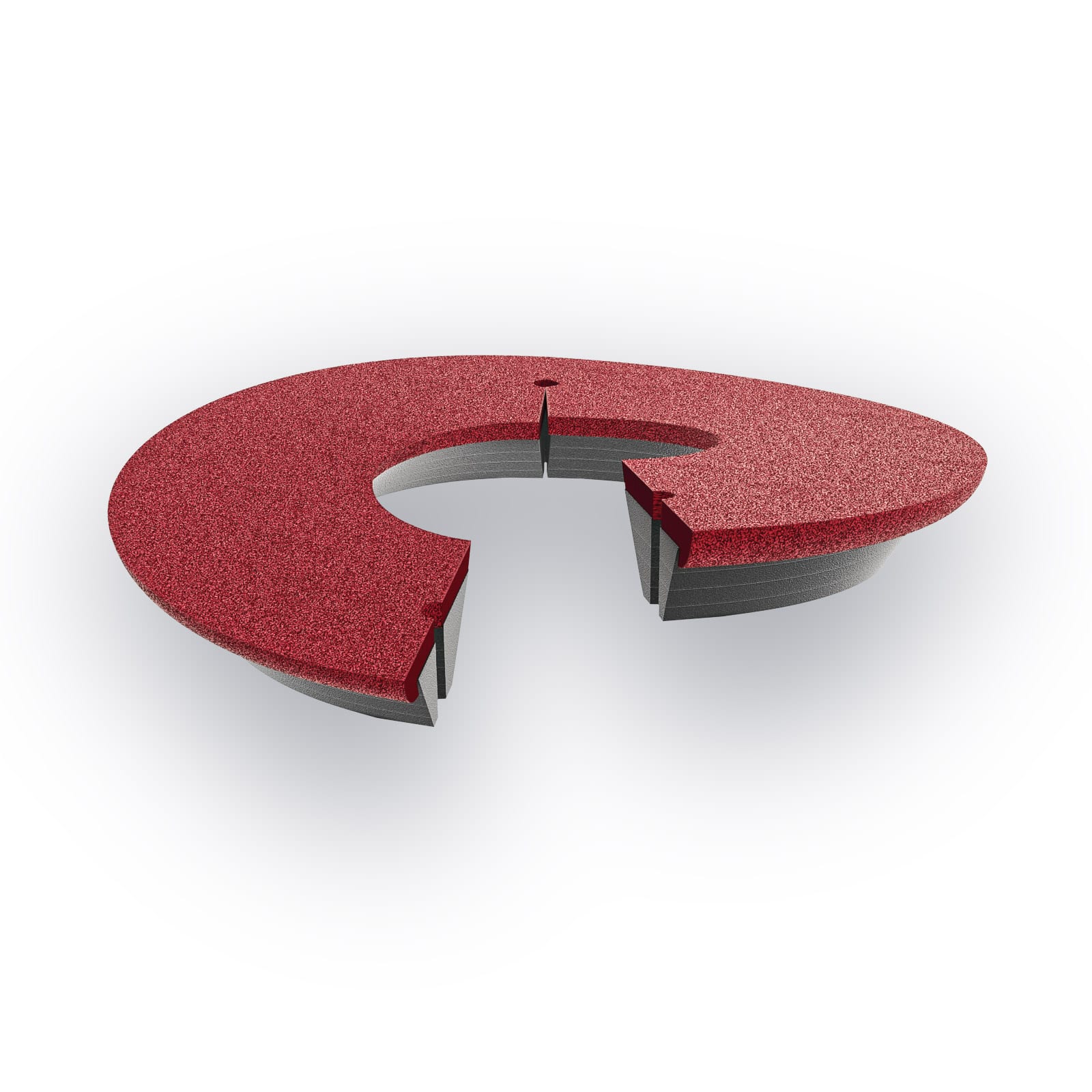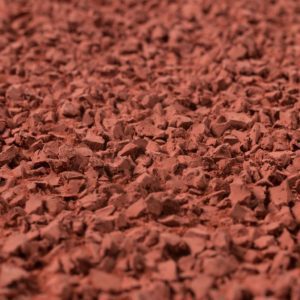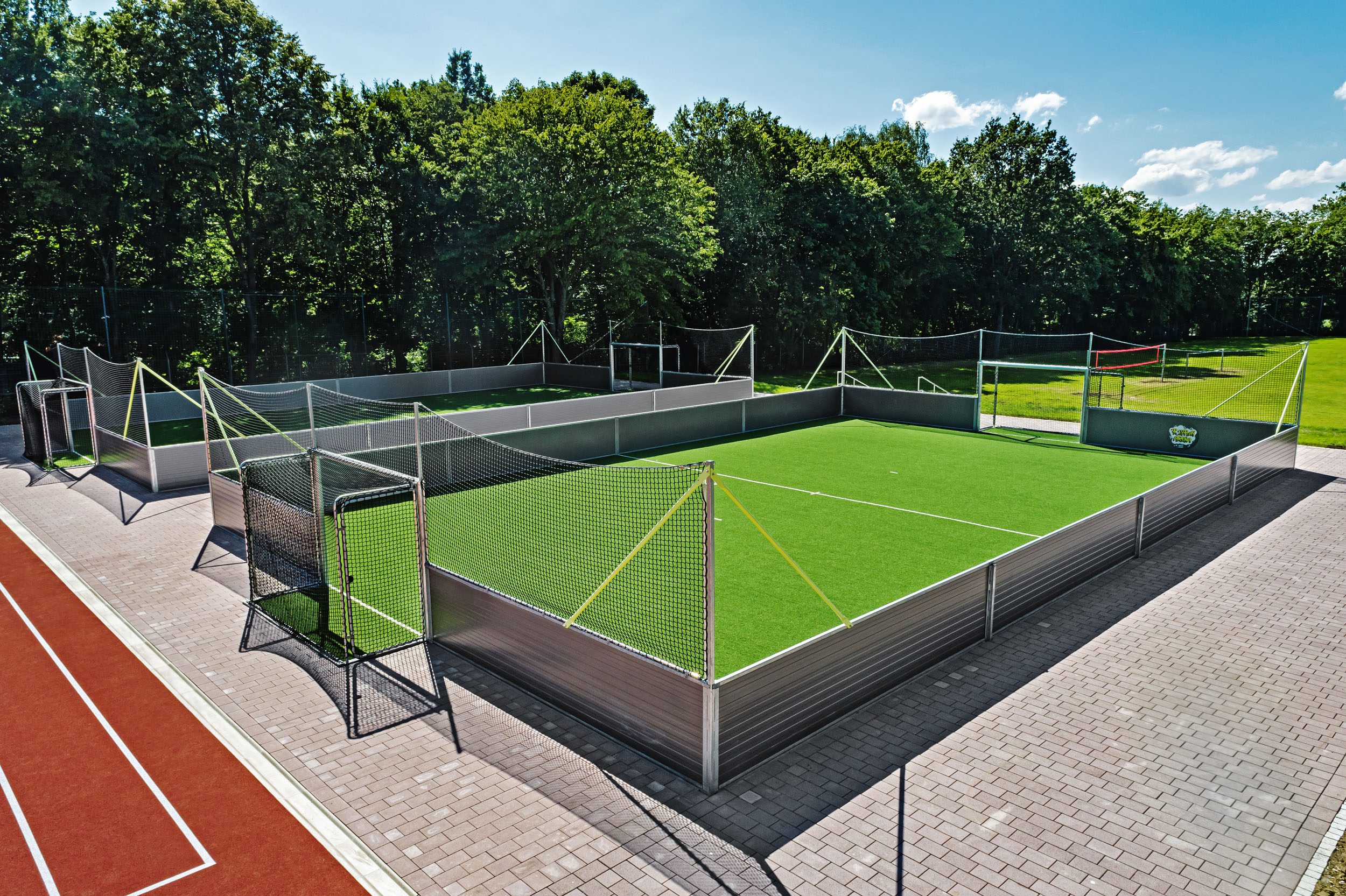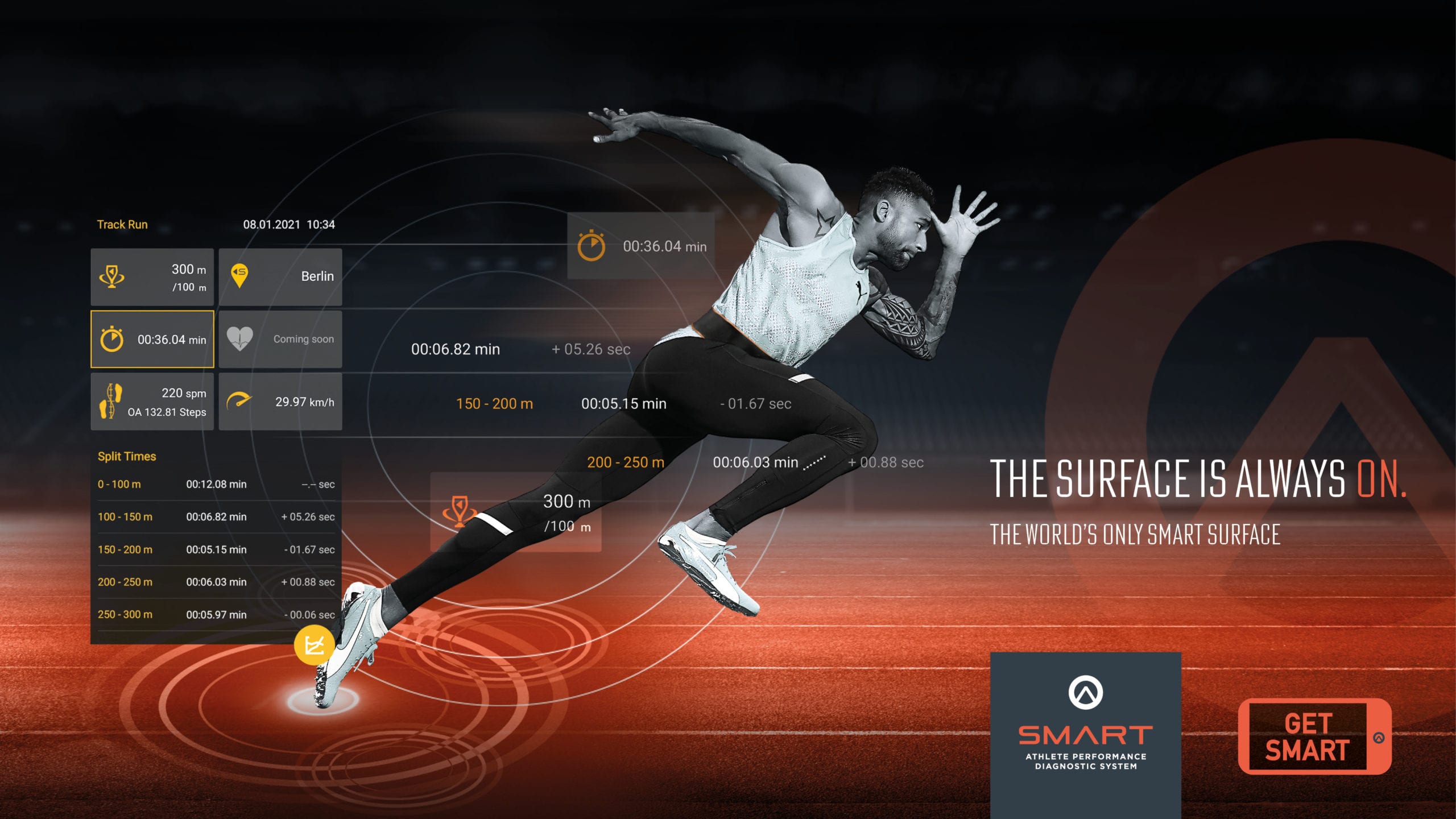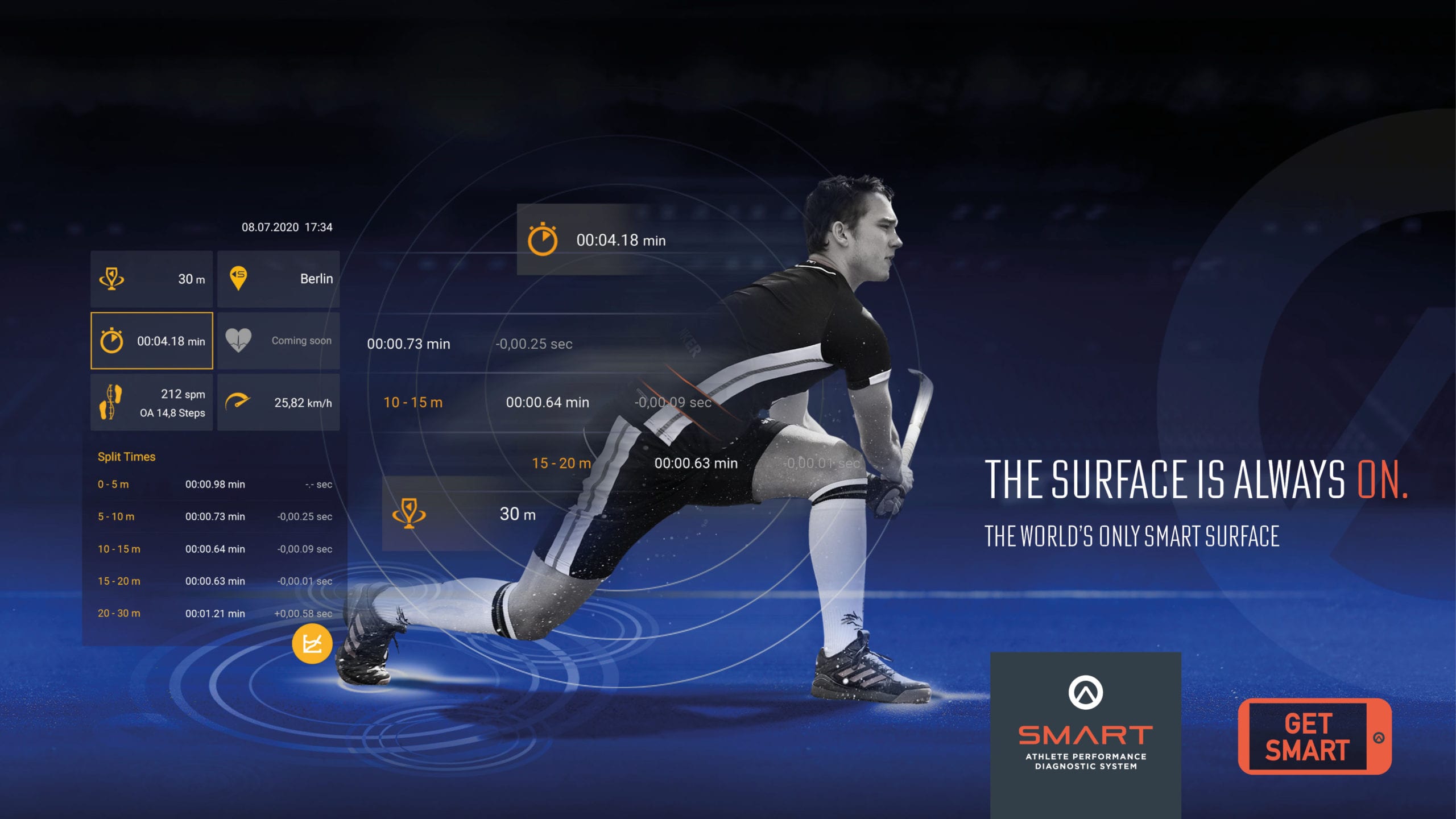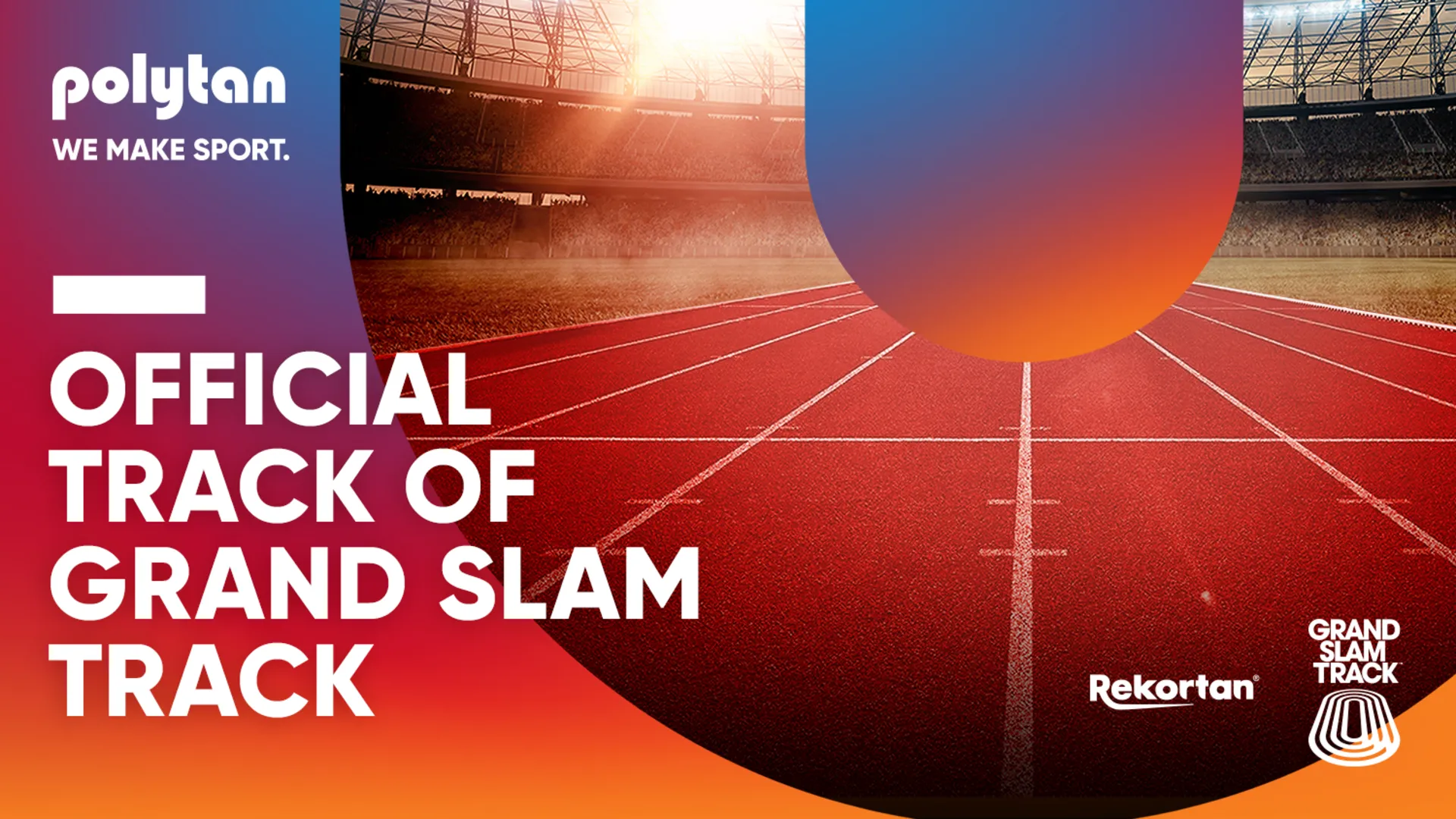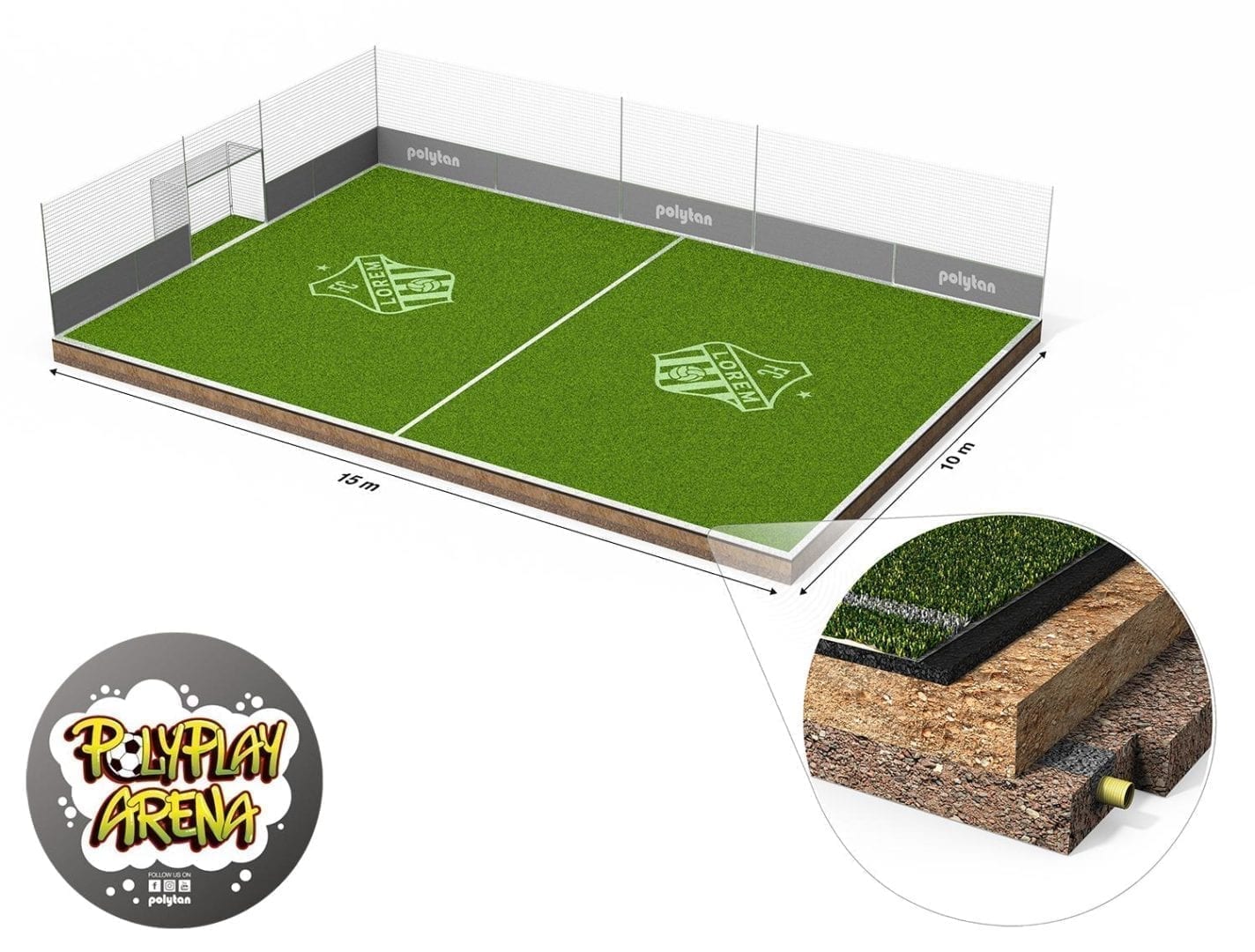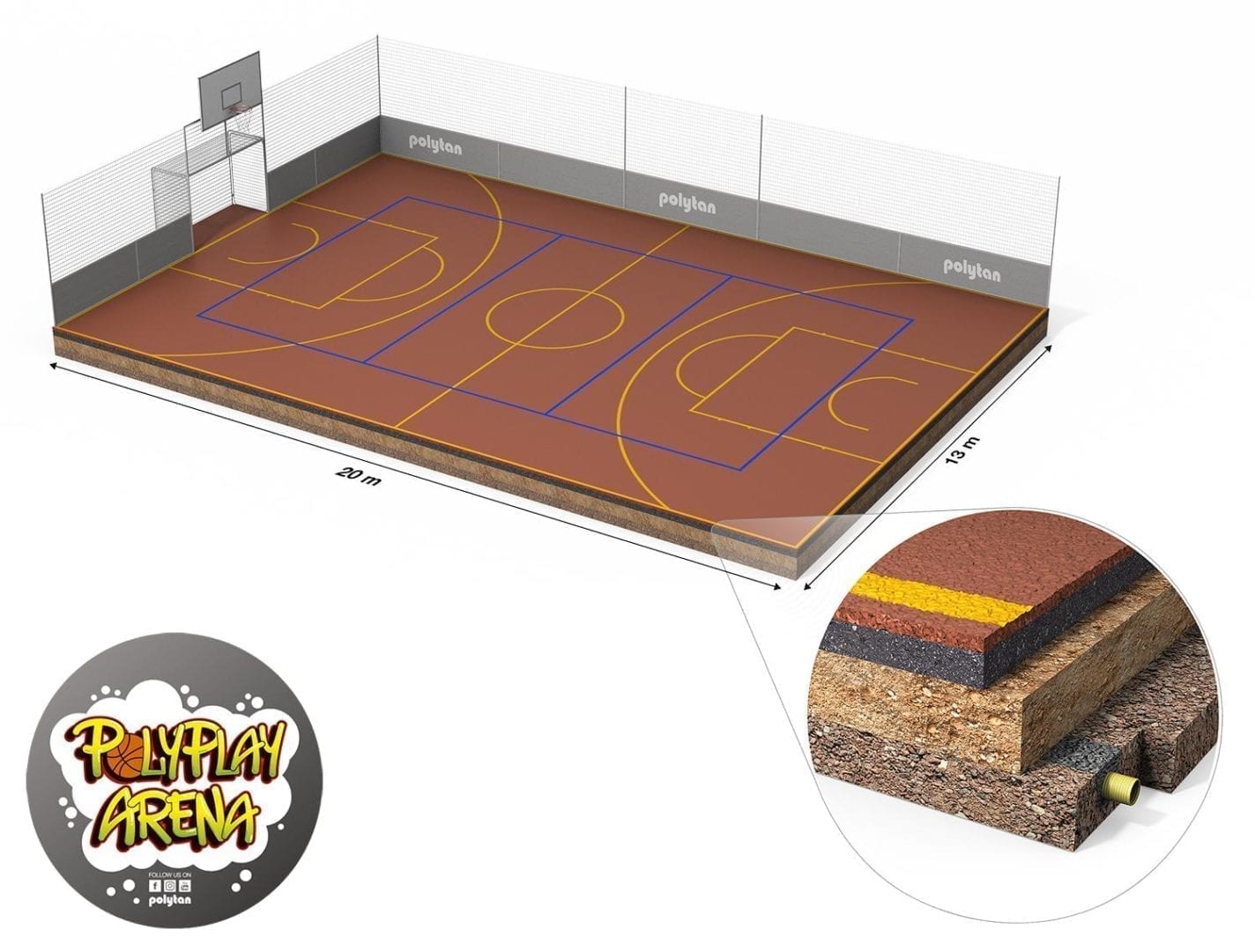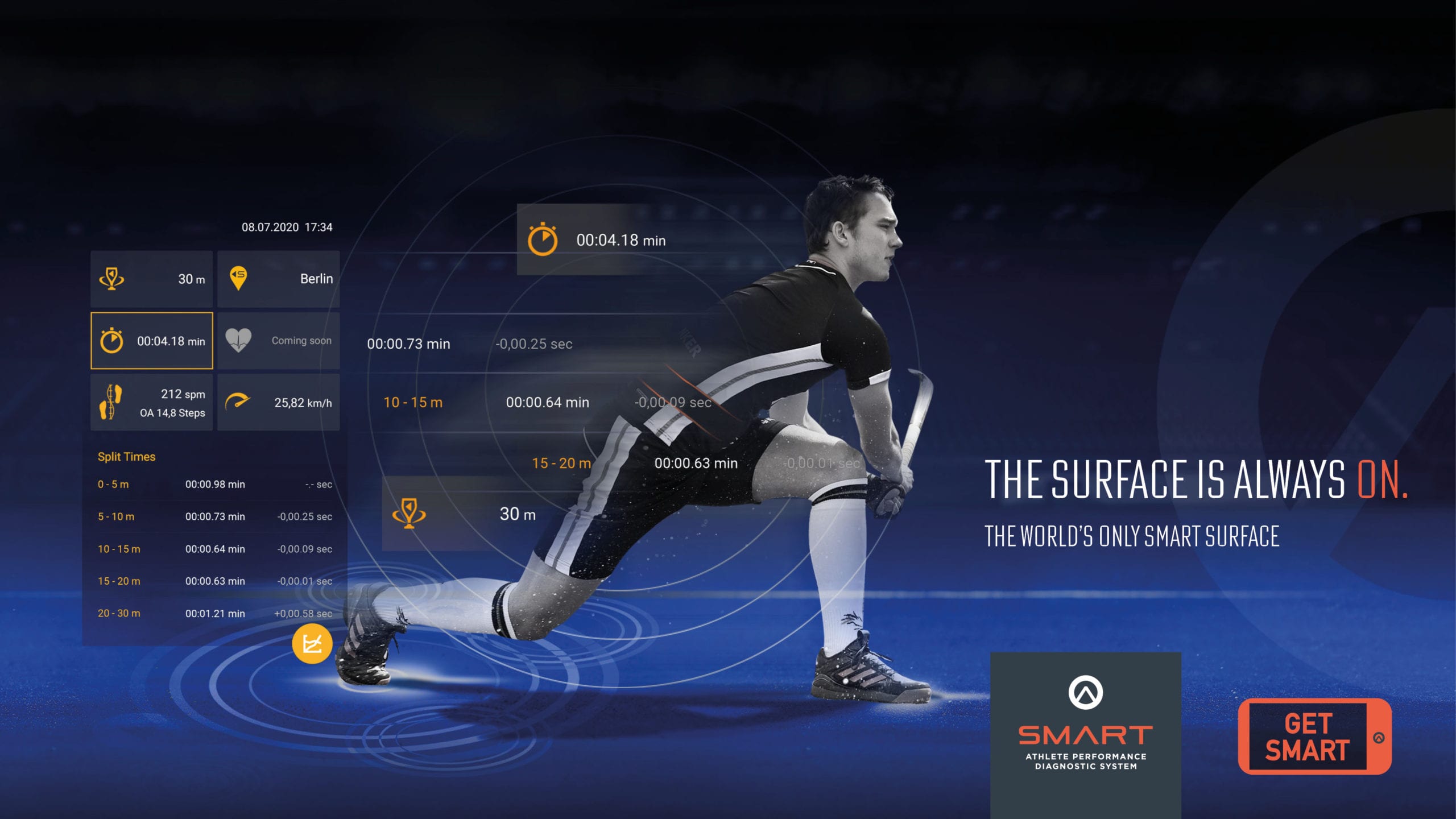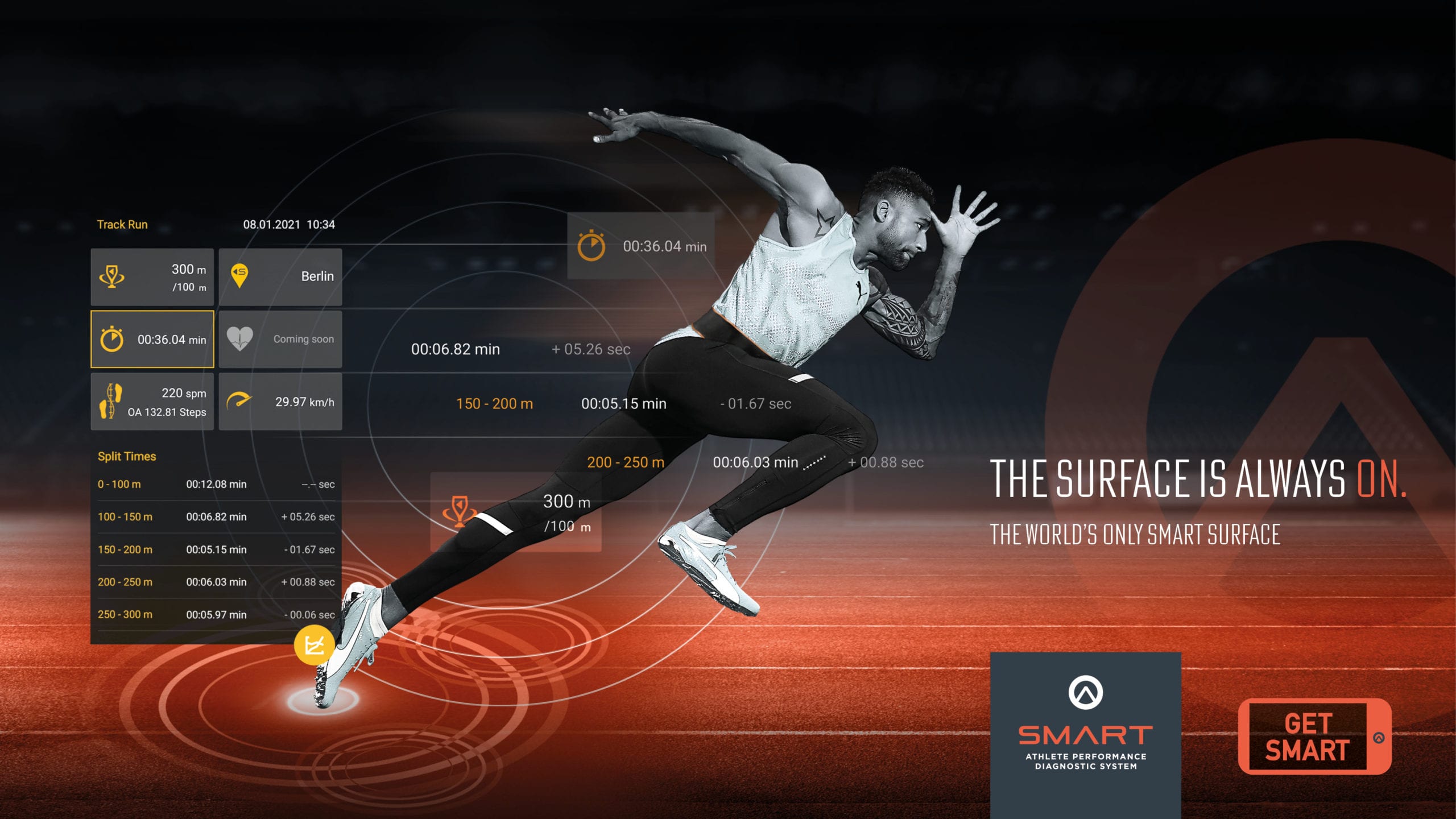Groundbreaking Turf Technology Paves the Way for a Greener Future in Hockey
On September 24, 2024, the FIH celebrated a major milestone at the IOC Climate Action Awards in New York, receiving recognition for its efforts to reduce hockey’s environmental footprint.
Key Partnership between FIH and Polytan Drives Water Conservation
A key factor in this achievement was the development of green hockey turf. Since the London 2012 Games, the FIH has partnered with Polytan in Europe and Asia Pacific, as well as AstroTurf in the USA, to create Poligras hockey turf technologies that significantly cut water usage.
Paul Kamphuis, Sport Group’s Head of Hockey described the partnership as a meeting of values.
“Supporting the FIH’s sustainability goals aligns with our business investment focus on reduced carbon, second life and renewable and recycled products. Having achieved a 40% reduction in water use from London 2012 to Tokyo 2020, we raised the bar again for Paris on both water consumption and carbon saving. The water savings were again significant for Paris and delivering the world’s first carbon zero turf is something we were very proud to achieve.”
Paris 2024: Pioneering Carbon-Neutral Hockey Turf
In the Paris 2024 Olympic Games, Polytan introduced the world’s first carbon-neutral turf, the Poligras Paris GT Zero. This turf uses innovative Turf Glide technology that drastically reduces water usage. Made from 80% renewable sugarcane materials and produced with green energy, the turf saves 73 tons of CO₂ compared to traditional options.
In preparation to host the games, France installed ten carbon-neutral turfs across the country. Clubs like Lille and Racing Club de France are embracing this innovation, ensuring a sustainable legacy for French hockey.
European Clubs Leading Global Sustainability Efforts
To date, 50 Poligras Paris GT Zero turfs have been installed globally, saving 3,650 metric tons of CO2. This innovation is setting the benchmark for global sustainability in sport.
In the Netherlands, Eindhoven Hockey Club became the first to install two carbon-zero turfs. One is ‘dry’, requiring no irrigation, while the other uses minimal water, supported by atmospheric moisture.
Fred van Wijk, of Polytan Europe, sees this as a milestone in European hockey:
“The carbon-zero turfs in Eindhoven are part of a long-term commitment to hockey which started with the first Olympic synthetic turf in Montreal in 1976. Hockey has evolved since then into the fast-paced, dynamic 3D game we know and love today. It has been our role to evolve and innovate with it and this latest turf being adopted by progressive clubs like Eindhoven is an important step in sustaining the sport for the future.”
At the Forefront of Sustainable Sports Technology
The FIH’s commitment to sustainability, driven by its collaboration with European partners, is setting a new standard for hockey globally. By investing in innovative technologies, European clubs are not only enhancing the game but significantly reducing their environmental footprint.
As more European clubs embrace these innovations, the FIH’s vision for a sustainable future in hockey is becoming a reality, showing the world how sports can address environmental challenges head-on.
Poligras is available across Europe through Polytan, continuing to support the FIH’s mission for a greener future in hockey.
